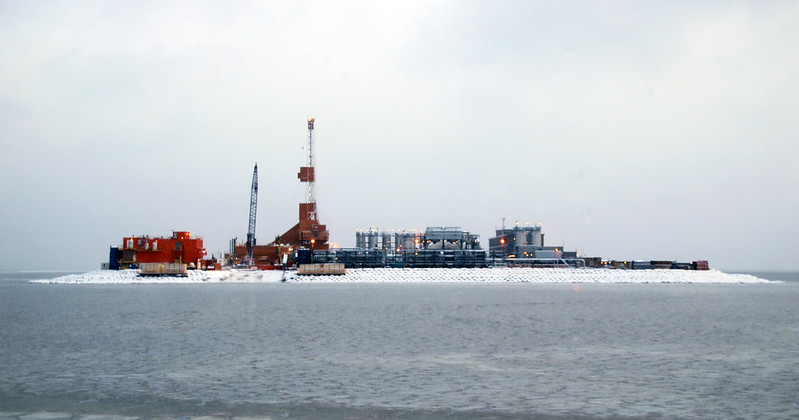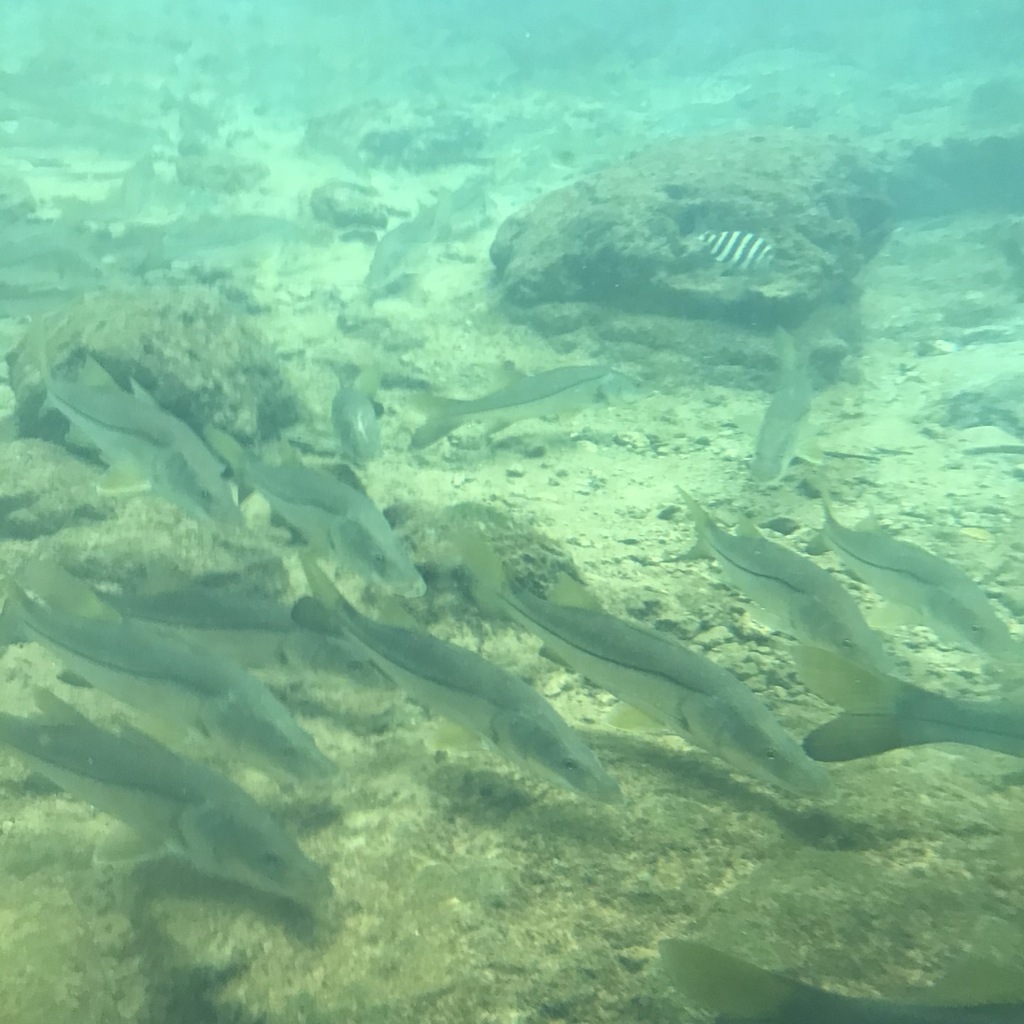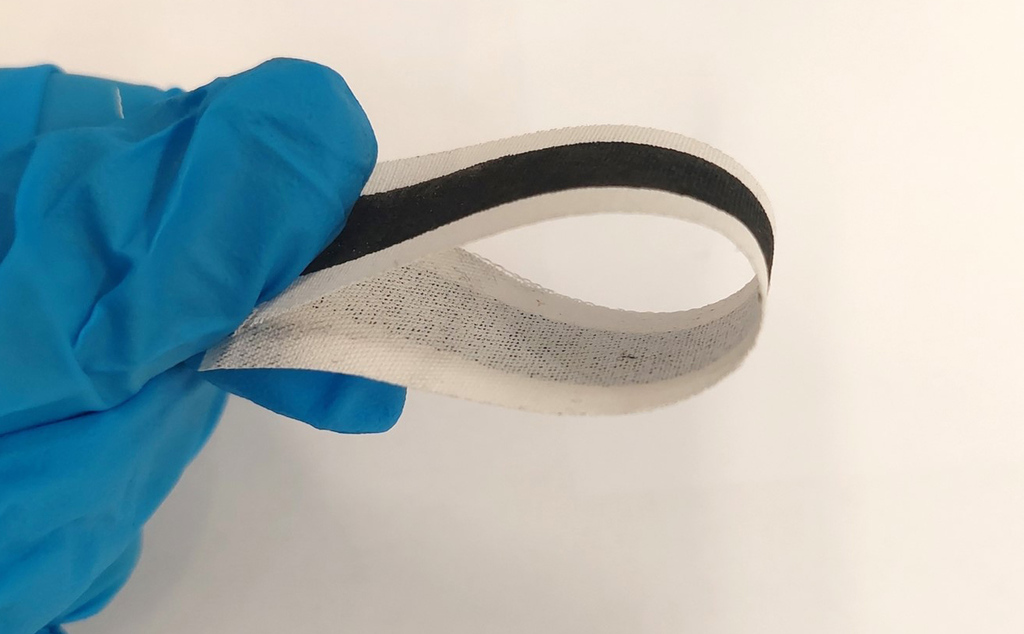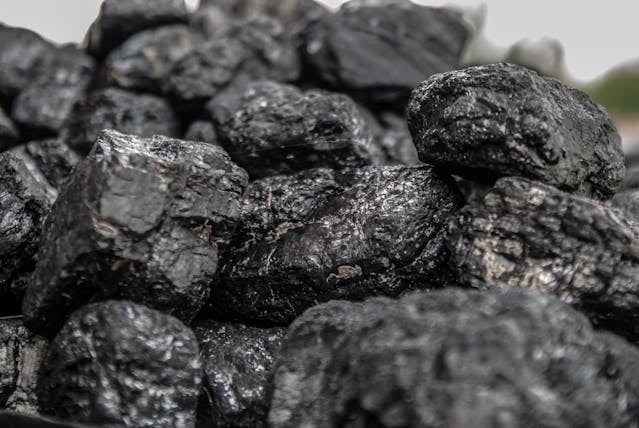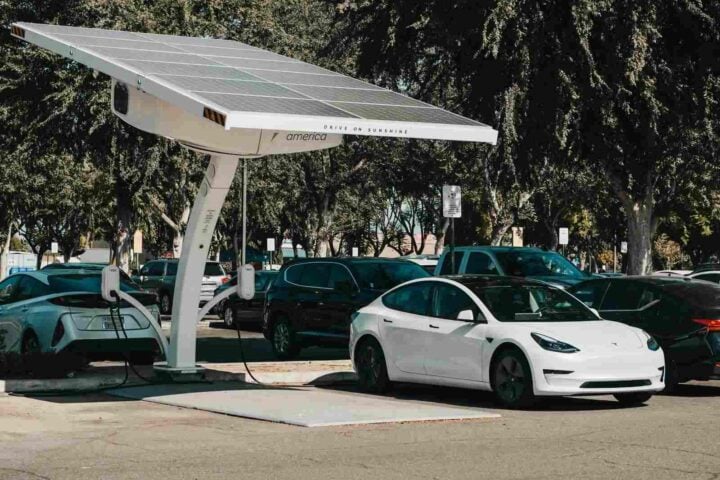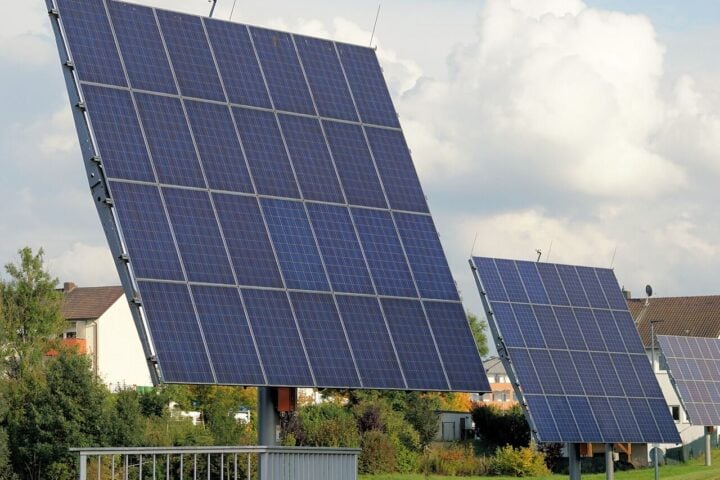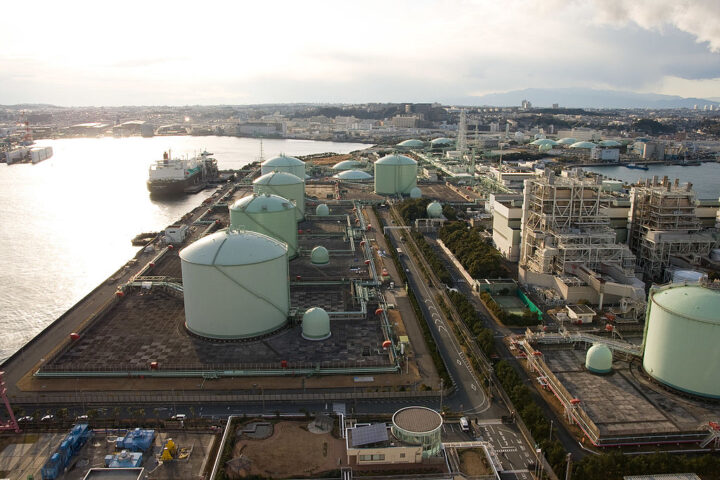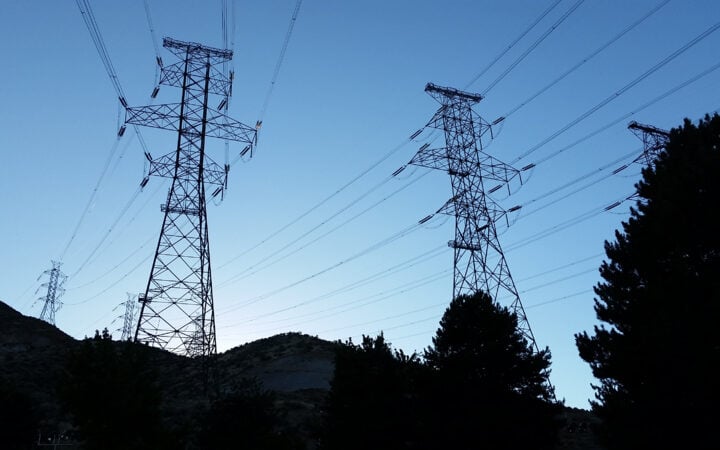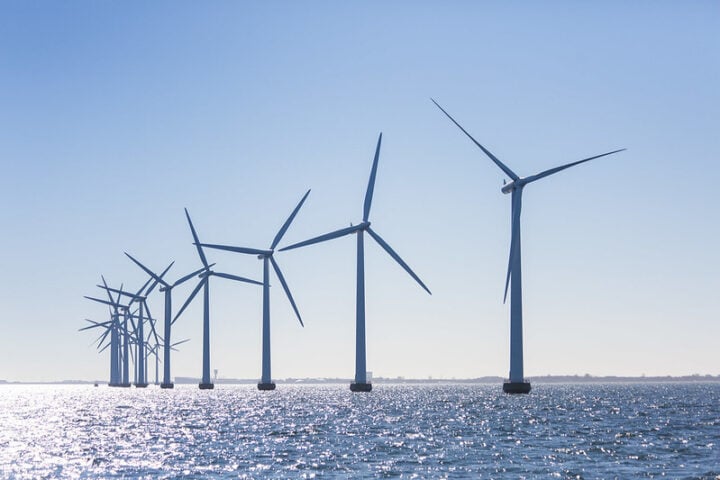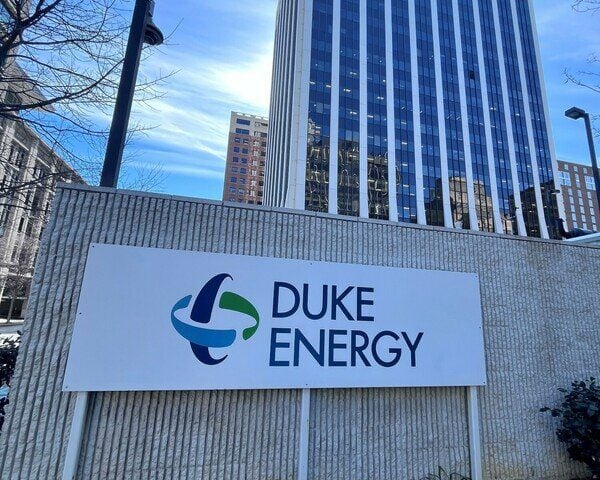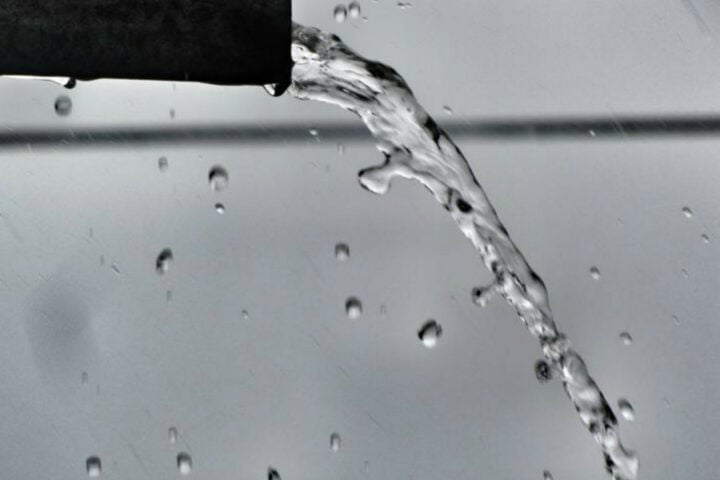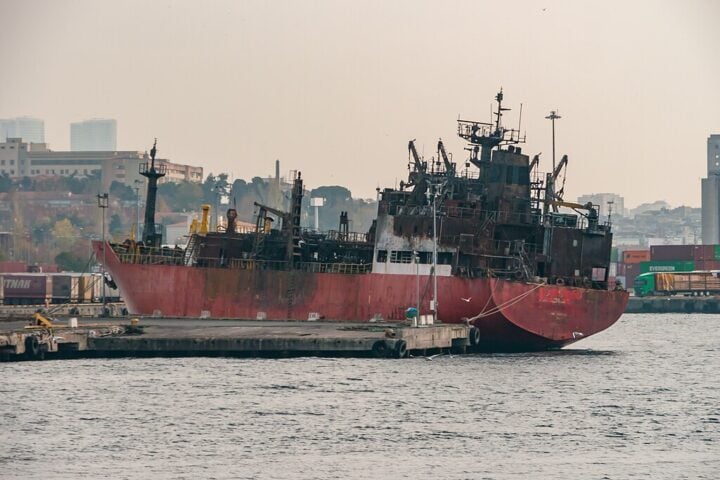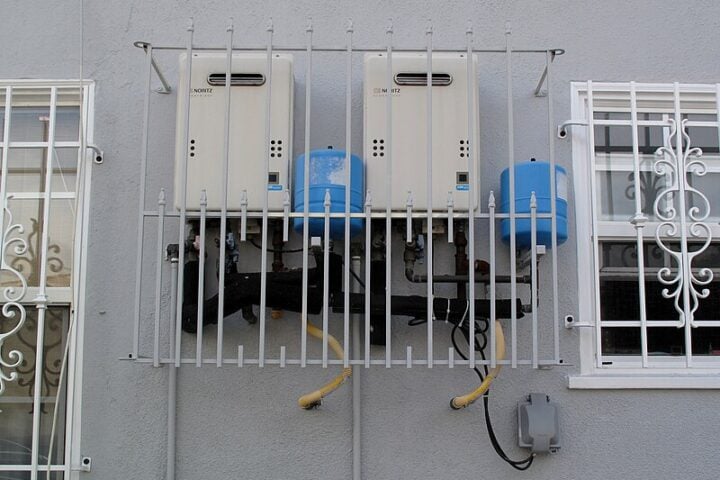The U.S. government has stopped plans for a major oil drilling project off Alaska’s northern coast. On December 26, officials denied Hilcorp Alaska’s request to keep drilling rights in the Beaufort Sea, an area home to whales, seals, and polar bears.
The company wanted to build a small artificial island five miles from shore to pump oil. They estimated finding enough oil to fill about 150 million barrels.
“This drilling project would put Arctic wildlife at serious risk,” says Cooper Freeman, who works to protect Alaska’s environment at the Center for Biological Diversity. “If oil spilled in these icy waters, there would be no way to clean it up completely.”
The project has faced problems since BP first found oil there in 1997. After BP’s massive Gulf of Mexico oil spill in 2010, they sold the project to Hilcorp. The new company tried different approaches to get government approval, including a recent plan to drill from an existing island to reduce environmental risks.
Hilcorp’s spokesman Matthew Shuckerow expressed frustration: “After years of working to move this project forward, we’re extremely disappointed. We’re looking at our options and still want to develop Alaska’s natural resources safely.”
Alaska’s two senators, Dan Sullivan and Lisa Murkowski, supported the project. They argued it would create jobs and provide energy while protecting the environment. However, in 2020, a federal court found the project’s previous approval didn’t properly consider threats to polar bears or its impact on climate change.
More Stories
Environmental groups say drilling in the Arctic is too dangerous. They point to risks for bowhead whales and other marine life. The Arctic’s harsh weather and remote location would make cleaning up oil spills difficult.
This decision reflects a broader shift in how the government approaches Arctic drilling. The Department of Interior has denied the lease extension, which stops development within federal Arctic waters.
The Liberty project would have been the first oil development project fully within federal waters in the Arctic Ocean. Located in shallow water of about 20 feet, the site sits approximately 20 miles east of the Endicott oil field.
For many Americans, this decision continues the debate between energy development and environmental protection in the Arctic region.
